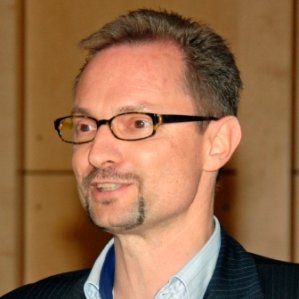Author: Leandro Benda, PMP

In order to achieve the set objectives, it is essential to identify and manage the stakeholders of a project and do the team management with the right approach.

Stakeholder Management
Stakeholder management is a major challenge for the success of any project. This process is present throughout the project life cycle.
But what exactly is a stakeholder?
It is all the groups of people and all the people who have an interest in or are affected by the project in any way.
This flow starts in the initialization phase of the project with the identification of these people and concludes with the monitoring of their involvement, all the way through the planning and management of them.
Tools like brainstorming, stakeholder analysis, mapping, and meetings are key to the success of these tasks.
Key elements such as the approach, needs, influence and interest of these stakeholders are essential for this analysis.
The more stakeholders are involved, the more value they can bring to the project, support it, and increase the likelihood of achieving the goals set beforehand.
The risk of not performing these activities in an optimal way is that the stakeholders will oppose the project and consequently put the project at risk.
Team Management
The constitution, management, development and monitoring of the project team are equally important factors in maximizing the chances of success of the project.
At the beginning of a project, the project manager is often faced with a heterogeneous set of people. The task and challenge of the project manager is to weld this primary team together to form a developed and committed project team.
In order to carry out these processes in the best possible way, the project manager must have strong skills in negotiation, conflict management, listening skills, empathy, delegation, communication, integrated vision and teamwork.
The availability of resources, especially in matrix project organizations, is critical. Ensuring this throughout the project is essential because it can delay or even cause the project to fail, especially since the priority level of the project can change at any time in the various organizations.
It is common for changes to occur during the project lifecycle, managing these changes can be tricky. The project manager has a key role to play in this process with the team and stakeholders in order to find the best possible compromises, and also to maintain credibility with the team.
Project teams can have different levels of maturity and autonomy, so the project manager will have to choose the right management style depending on whether he/she is result-oriented or relationship-oriented, as well as his/her desired level of involvement.
The compatibility of the management style with the team and the context will be decisive for the success of the project.
Given everyone is different and these areas are so close to the so called ‘soft skills’ we hope to engage you in our Open Space, to give you the opportunity to participate and share experiences. So whether you want to approach this from the classic PMP areas, or an Agile approach, (e.g. we’d love to hear from some new DASM/DASSMs given some of you have taken advantage of PMI Switzerland’s offers for these trainings), you’ll be welcome at our Open Space. Furthermore, Open Spaces are also about learning this unconventional yet powerful facilitation format. Like last time, we’d also like to hear your ideas to fuel topics for further themes to these cyclical drop-in interactive events made by PMI Switzerland for you, around classic PMP or Agile PM topics.
So join us on the 15th June, Tuesday at 6:30 - 8:00 p.m. (CET) and make sure you attend with 2-3 things (questions/issues) you would like to discuss on Stakeholder and Team Management. We trust you’ll come out with solutions, inspiration and connections.
Sources:
- PMBOK® Guide - Sixth Edition
- Book “Gestion de projet - Les étapes vers le succès du projet”, Beat Guntern, Ute G. Blasche and Thierry Bonjour, 2020







